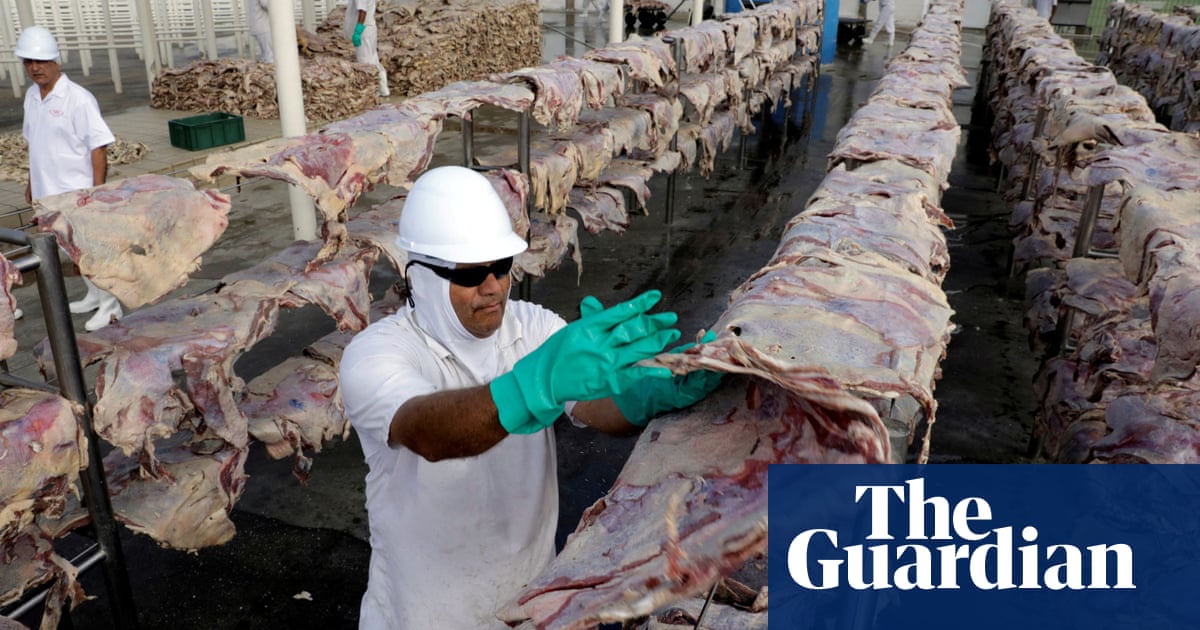The culprit appears to be leucine amino acid which is present in high concentration in meat.
Study discovers molecular mechanism that could explain why eating too much protein is bad for your arteries
University of Pittsburgh School of Medicine researchers discovered a molecular mechanism by which excessive dietary protein could increase atherosclerosis risk. The findings were published in Nature Metabolism.medicalxpress.com
The study, which combined small human trials with experiments in mice and cells in a Petri dish, showed that consuming over 22% of dietary calories from protein can lead to increased activation of immune cells that play a role in atherosclerotic plaque formation, driving the disease risk. Furthermore, the scientists showed that one amino acid—leucine—seems to have a disproportionate role in driving the pathological pathways linked to atherosclerosis, or stiff, hardened arteries. "Our study shows that dialing up your protein intake in pursuit of better metabolic health is not a panacea. You could be doing real damage to your arteries," said senior and co-corresponding author Babak Razani, M.D., Ph.D., professor of cardiology at Pitt.
Leucine is one of three branched-chain amino acids and is an essential amino acid. We have no biologic pathways to create it; we can only take it in from the protein we eat. And lots of foods we eat contain leucine. I mean, any food that is high in protein is going to be somewhat high in leucine — I put some examples here — but I will note that, in general, animal proteins are higher in leucine than are plant-based proteins. Remember that fact; we'll come back to it later.
Animal studies fairly consistently show that higher protein diets are associated with more atherosclerosis. And some, but by no means all, epidemiologic studies in humans also show a link between protein intake and heart disease.
A new paper suggests that some of the observed problems with protein might boil down to just one amino acid: leucine. It's time to dig in. We're talking about this study appearing in Nature Metabolism, "Identification of a leucine-mediated threshold effect governing macrophage mTOR signalling and cardiovascular risk," from Xiangyu Zhang and colleagues at the University of Pittsburgh
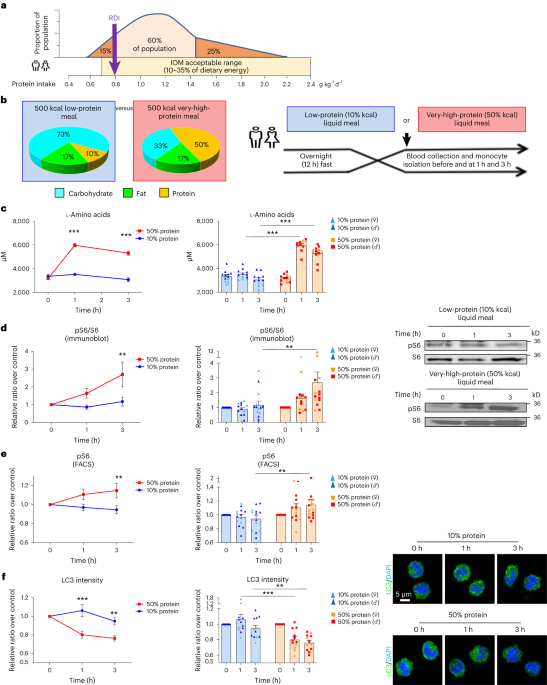
Identification of a leucine-mediated threshold effect governing macrophage mTOR signalling and cardiovascular risk - Nature Metabolism
Zhang et al. use human studies and mechanistic work in mouse models to describe how leucine serves as the key amino acid derived from dietary protein to drive deleterious macrophage mTORC1 signalling and promote cardiovascular disease.



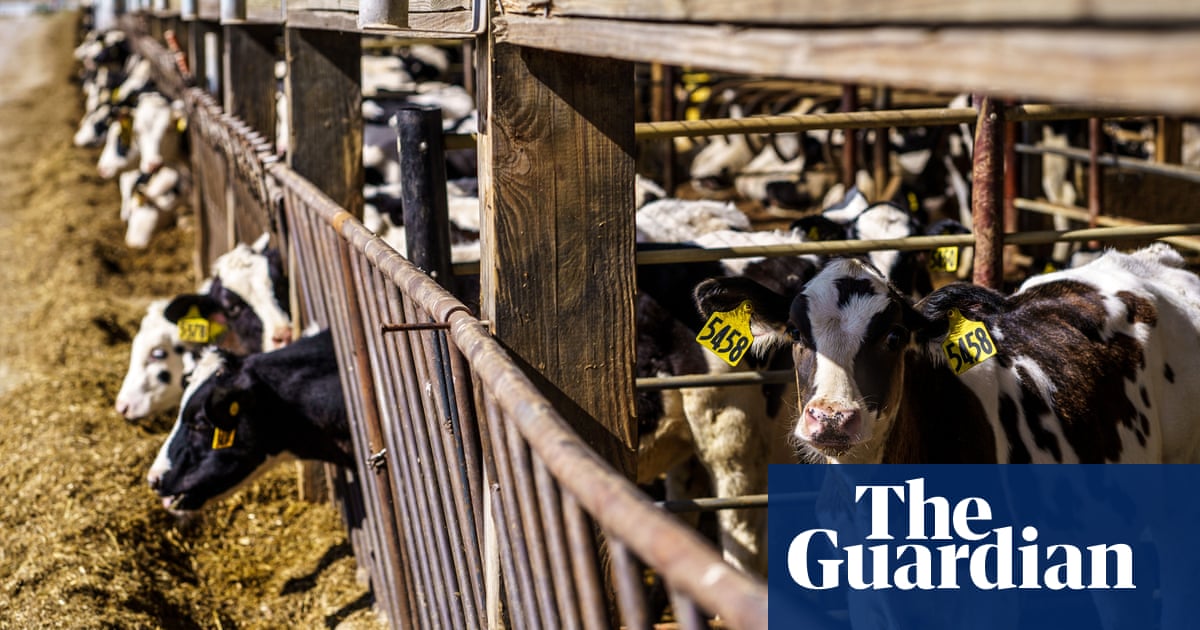
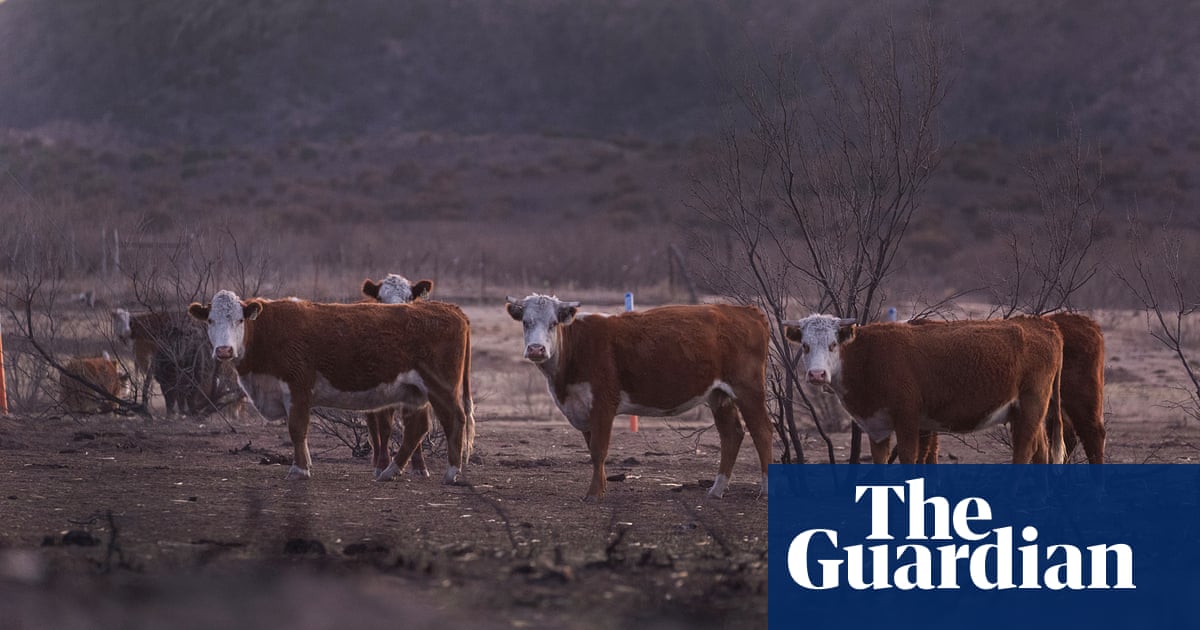
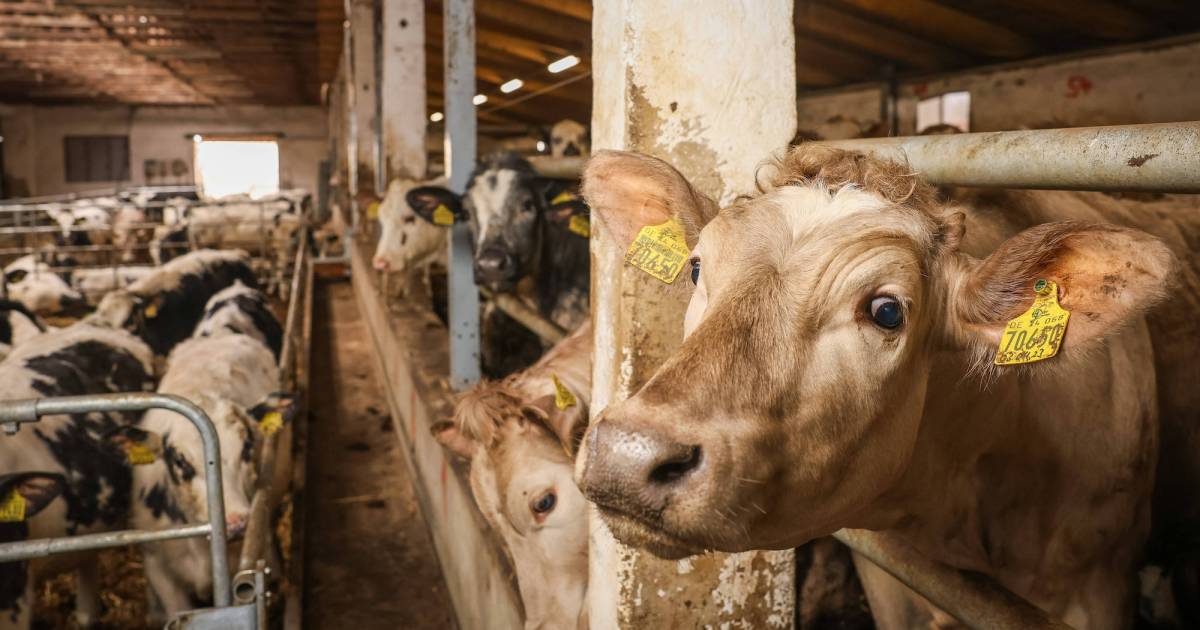
:extract_focal()/https%3A%2F%2Fpocket-syndicated-images.s3.amazonaws.com%2Farticles%2F9585%2F1710385900_65f26a3d3e9ea.png)

